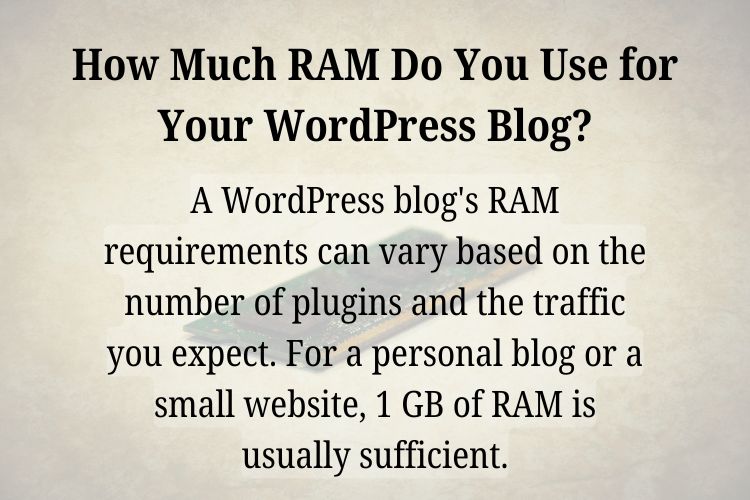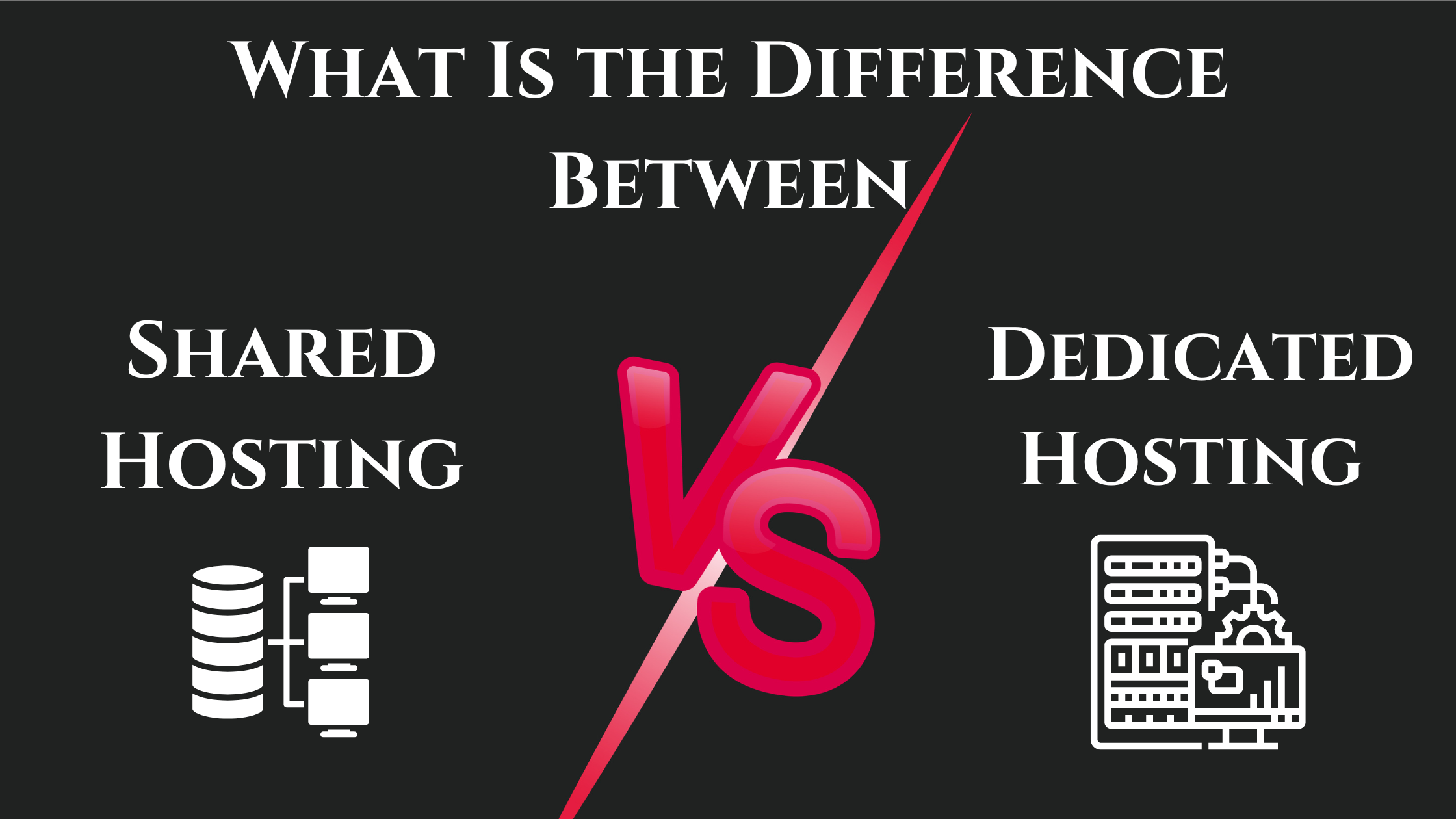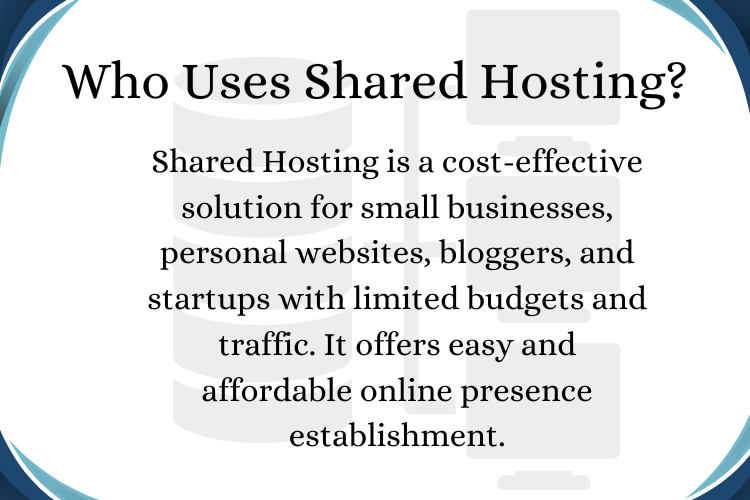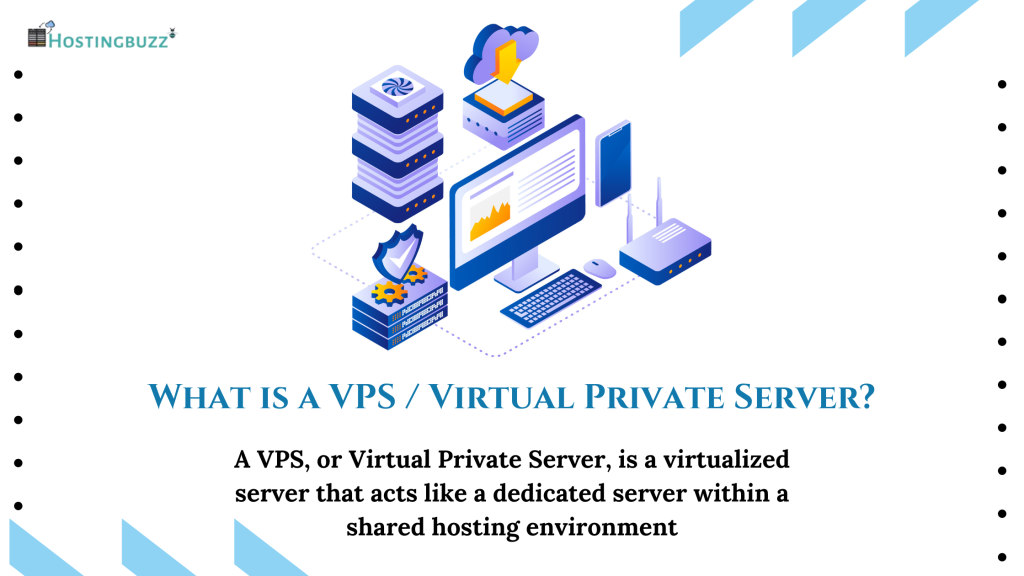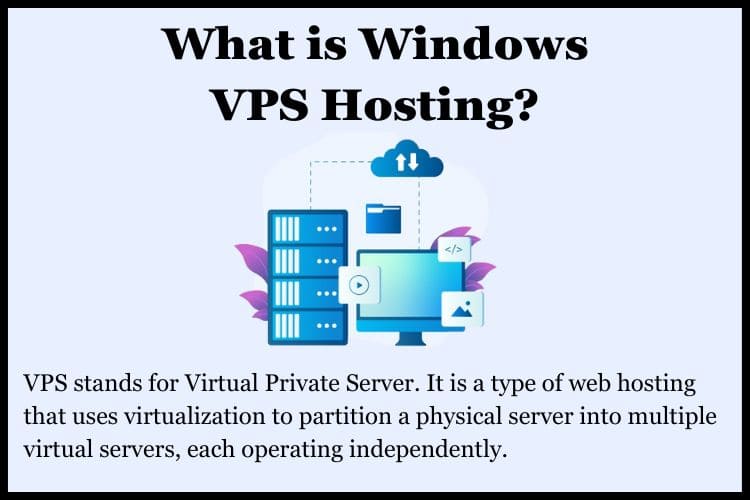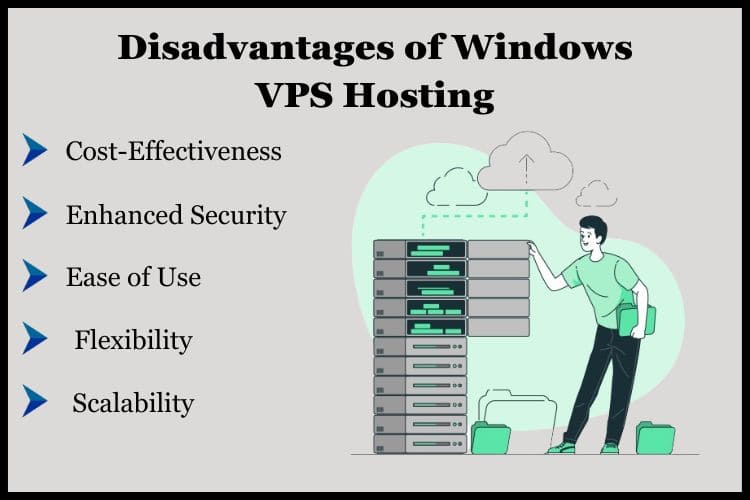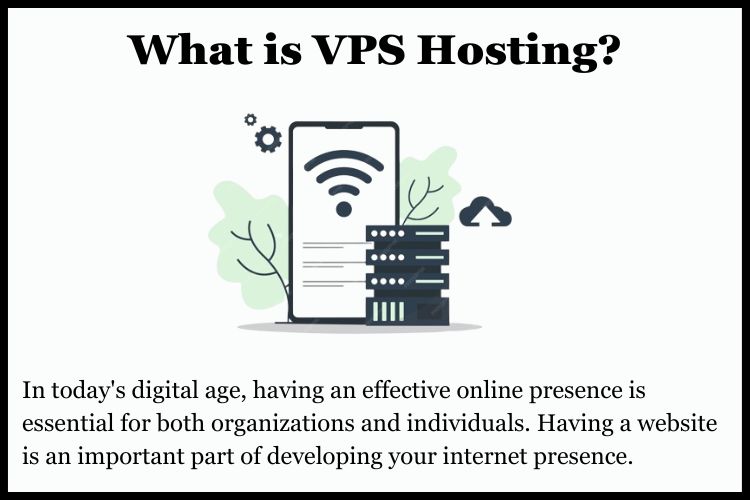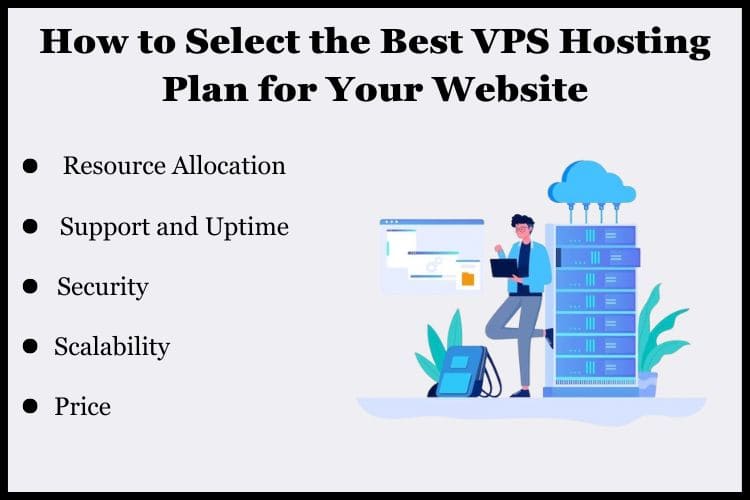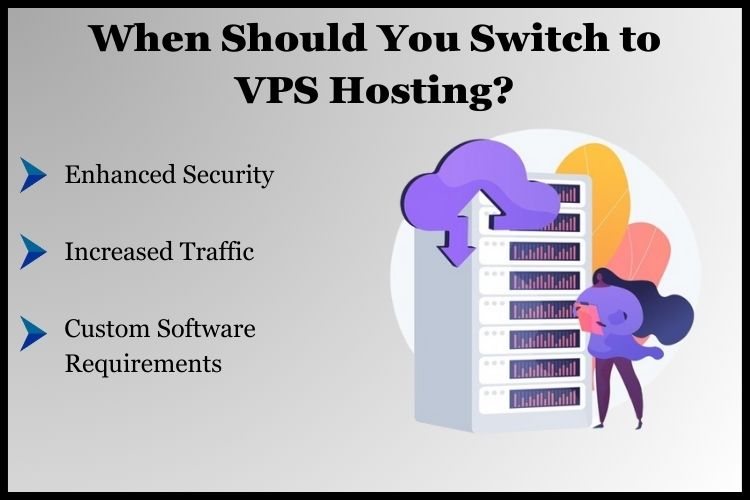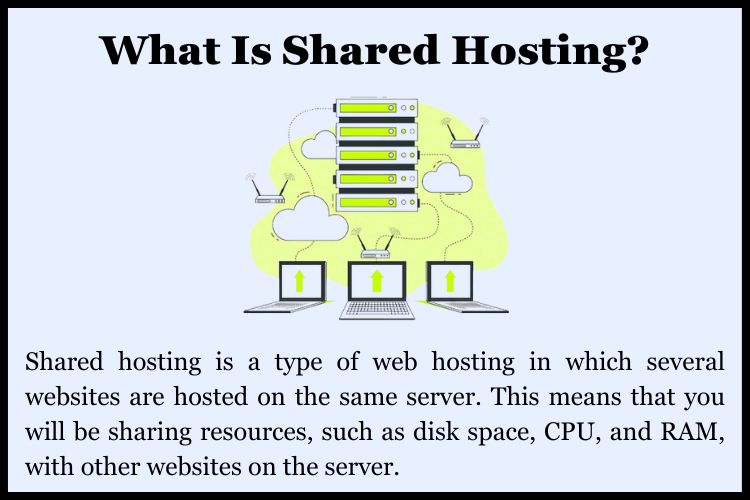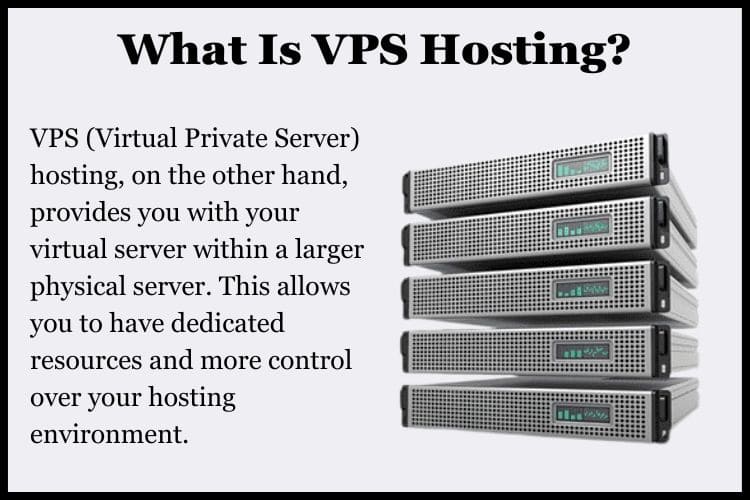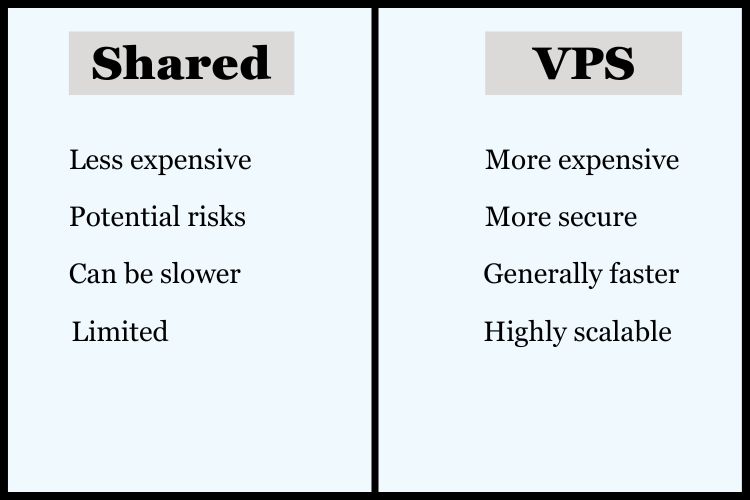-
Sep, Wed, 2024
Why Do E-commerce Websites Need Windows VPS Hosting ?
Introduction
Windows VPS Hosting is an excellent solution for e-commerce sites seeking to enhance performance, security, and scalability. In this article, we will explore why e-commerce websites need Hostingbuzz Windows VPS Hosting and how it can transform their online business operations.
What is Windows VPS Hosting?
Understanding VPS
VPS, or Virtual Private Server, is a hosting solution that provides a dedicated virtual environment on a physical server. It offers the benefits of dedicated hosting without the high cost.
Windows vs. Linux VPS
Although Linux VPS is widely used, Windows VPS is preferred due to its compatibility with a wider range of software programs. It offers a user-friendly interface and seamless integration with Microsoft products, making it a top choice for many e-commerce sites

Key Features of Windows VPS Hosting
Dedicated Resources
Windows VPS allocates dedicated resources like CPU, RAM, and storage to your e-commerce site. This guarantees steady performance even during moments of high traffic.
Scalability
E-commerce businesses can scale their resources easily with Windows VPS. You can upgrade your plan as your business grows, ensuring uninterrupted service.
Security
Windows VPS comes with built-in security features, including firewalls, antivirus protection, and regular updates. It minimizes the risk of cyber-attacks and data breaches.
Control and Flexiblity
You receive administrative control over the server when you use Windows VPS Hosting. You can install custom software and configure server settings according to your business needs.
Why E-commerce Sites Need Windows VPS ?
Enhanced Performance
E-commerce sites need to load quickly to retain customers. Windows VPS provides the necessary speed and performance, reducing bounce rates and improving user experience.
Improve Security
Handling sensitive customer data requires robust security measures. Windows VPS offers advanced security protocols to safeguard customer information.
Cost-effectiveness
Compared to dedicated hosting, Windows VPS is a more cost-effective solution. It offers many of the same benefits without the high cost.
Compatibility with E-commerce Software
Windows VPS is compatible with popular e-commerce software like Magento, WooCommerce, and PrestaShop. It allows seamless integration and smooth operation of your online store.
How Windows VPS Boosts Website Performance
Speed and Loading
Slow websites drive customers away. Windows VPS uses dedicated resources, ensuring that your site loads quickly, even during high traffic periods.
Resource Allocations
Windows VPS Hosting allocates specific resources to your site, preventing other users on the same server from affecting your performance.
Better User Experience
Faster loading times and a responsive website contribute to a better user experience. Sales growth and improved customer satisfaction follow from this.

Security Benefits of Windows VPS
Data Protection
Windows VPS includes advanced security features like encryption, firewalls, and regular security updates to protect your ecommerce site’s data.
Isolation from other Users
With Windows VPS, your site operates in a virtualized environment separate from other users. An extra degree of security is offered by this isolation, which guards against unwanted access.
Regular Updates and Maintainece
Windows VPS providers offer regular updates and maintenance, ensuring that your server is protected against the latest threats.
Scalability and Flexibility
Scaling Resources as You Grow
You may quickly extend your Windows VPS resources to handle growing traffic and data as your e-commerce firm expands.
Custom Configurations
You have the flexibility to configure the server environment to meet your specific requirements, optimizing performance and security.
Cost-Effectiveness
Comparing Costs with Shared and Dedicated Hosting
Windows VPS is more affordable than dedicated hosting while offering better performance and security than shared hosting.
Value for Money
Windows VPS Hosting provides excellent value for money, delivering high performance, security, and scalability at a reasonable price.
Compatibility with E-commerce Applications
Integration with Popular Platforms
Windows VPS seamlessly integrates with various e-commerce platforms, enhancing their functionality and performance.
Running Multiple Applications
You can run multiple e-commerce applications on a single Windows VPS, making it a versatile solution for businesses with diverse needs.
How to Choose the Right Windows VPS
Important Factors to Consider
Consider factors like resource allocation, scalability, security features, and customer support when choosing a Windows VPS hosting provider.
Hostingbuzz's Windows VPS Packages
Hostingbuzz offers a range of Windows VPS Hosting packages tailored to meet the unique needs of e-commerce businesses.
Future Trends in E-commerce Hosting
Cloud-based VPS Solutions
The future of e-commerce hosting lies in cloud-based VPS solutions that offer enhanced flexibility and scalability.
AI and Machine Learning in Hosting
AI and machine learning are revolutionizing hosting by optimizing performance and enhancing security measures.
Common Misconceptions About Windows VPS
Myths and Facts
Debunk common myths about Windows VPS, such as its complexity and cost, to provide a clearer understanding of its benefits.
Windows VPS vs. Dedicated Server
While a dedicated server offers high performance, Windows VPS provides a cost-effective alternative with similar benefits.
Conclusion
Windows VPS Hosting offers a robust solution for e-commerce sites, providing enhanced performance, security, scalability, and cost-effectiveness. By choosing Hostingbuzz Windows VPS, your e-commerce business can thrive and provide a seamless shopping experience for your customers.
Frequently Asked Questions
Q1. Can I run multiple ecommerce stores on a single Windows VPS?
Yes, you can host multiple ecommerce stores on one Windows VPS, allowing for efficient resource management.
Q2. Is Windows VPS suitable for beginners?
Windows VPS is user-friendly and suitable for beginners, especially with the right hosting provider offering managed services.
Q3. How does Windows VPS compare to shared hosting in terms of performance?
When compared to shared hosting, where resources are shared among several users, Windows VPS provides dedicated resources, which leads to better performance.
Q4. Does managing a Windows VPS need technical knowledge?
Basic technical knowledge is beneficial, but many hosting providers offer managed services to assist with server management.
Q5. Can I upgrade my Windows VPS plan as my business grows?
Yes, one of the key advantages of Windows VPS is its scalability, allowing you to upgrade resources as your business expands.





